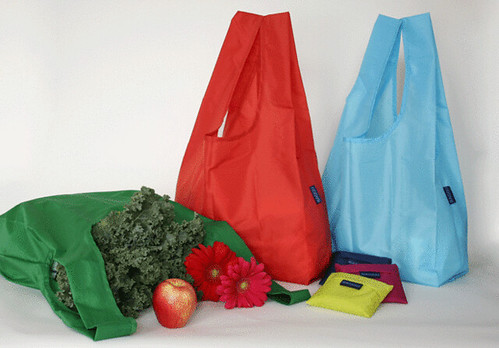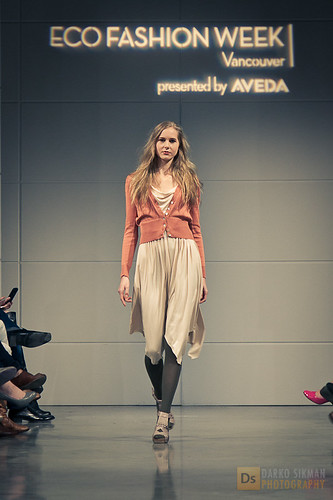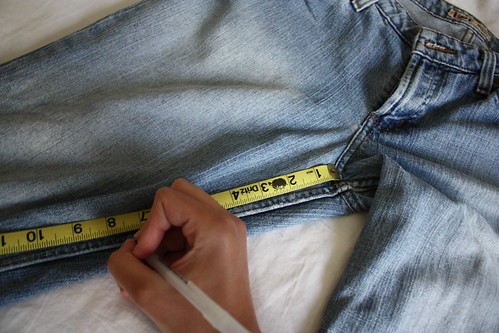You’ve probably heard of the term “sustainable”, especially considering the recent surge in environmental awareness (“sustainable agriculture", “sustainable development” or “sustainable energy” sound familiar?). But what exactly is sustainability, and how can we promote it?
A system is “sustainable” when it is able to replicate or reproduce whatever it depletes; in other words, it is able to survive on it’s own. A college graduate who’s able to get a job, pay rent, and afford to feed herself could be considered “sustainable” because, essentially, she doesn’t use any resources other than those she makes herself. With increased technological development and the consumption of fossil fuels, the environment is taking quite a beating. If we work towards a sustainable means of development, our current needs will not compromise those of future generations.
Being sustainable may be easier than you think. Try switching out regular incandescent light bulbs for CFLs (compact fluorescent lightbulbs), which not only save energy, but last up to ten times as long. You could also replace paper or plastic shopping bags with reusable ones, which are sold at most grocery stores, and as a bonus, often come in fun, colorful designs
In the fashion world, “sustainable” means producing clothing that emits no pollutants in manufacturing and does not deplete non-renewable resources. The textile industry, currently one of the major contributors to global warming, discharges toxic chemicals into the environment, uses pesticides and nonrenewable fabrics (like synthetic polyesters and nylons), and consumes enormous quantities of energy.
In response to these harmful impacts, renewable or organic fibers are becoming increasingly trendy. Fashion designer Anke Domasque, for example, creates sustainable fabric out of milk (yes, milk). But sustainable clothing is not only defined by its fabric; giving new life to old wardrobe pieces is sustainable as well because it prevents the consumption of new materials and finds new use for the old. Buying a vintage sweater or snipping an old pair of jeans into cutoffs are fun, easy, and inexpensive ways to make your wardrobe more sustainable. By seeking out sustainable clothing, such as local, vintage, or redesigned pieces, you can reduce your environmental footprint and promote the eco-friendly fashion movement.
-- Claire Ruhlin, Community Intern



